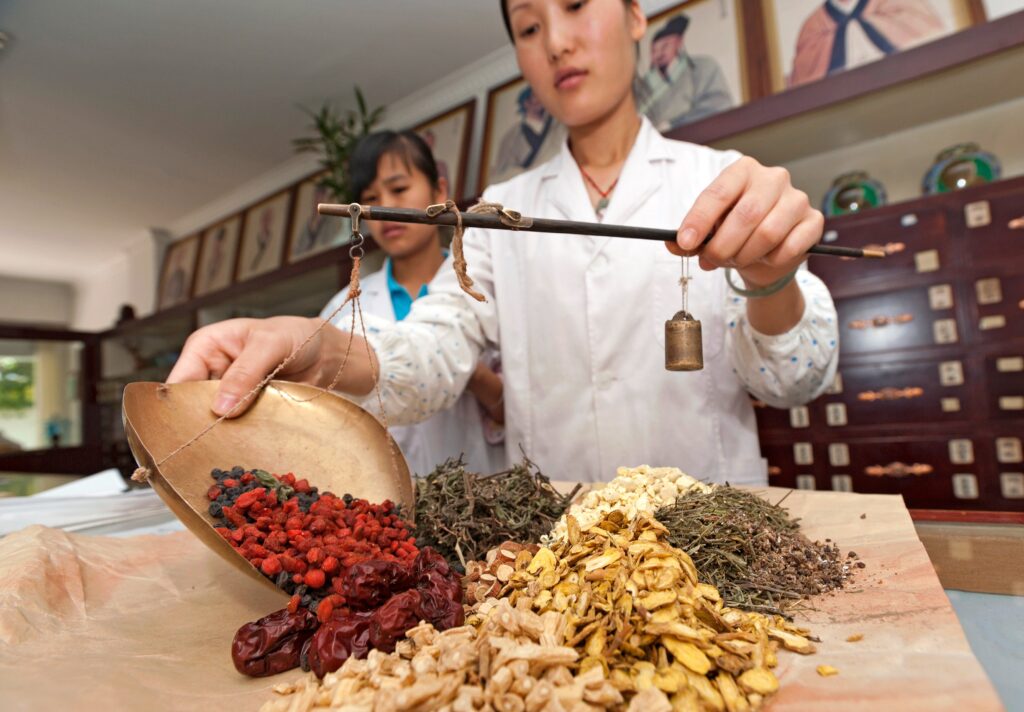In a significant move during the 78th World Health Assembly, Thailand, representing the Southeast Asia Region (SEAR), presented a unified stance advocating for the integration and support of evidence-based traditional medicine within global health frameworks. This initiative underscores the region's commitment to blending time-honored healing practices with modern scientific validation, aiming to enhance healthcare outcomes and preserve cultural heritage.
A Unified Regional Vision
Dr. Somruk Jeungsaman, Director-General of Thailand's Department of Thai Traditional and Alternative Medicine, announced the submission of a "Joint Regional Position Statement" on the Global Traditional Medicine Strategy 2025-2034. This statement, backed by Southeast Asian member countries of the World Health Organization (WHO), delineates four pivotal requests:
- Strengthening Evidence-Based Practices: Emphasizing the need for robust scientific research to validate traditional medical practices, the region calls for the development of regional research networks and the utilization of real-world data. This approach aims to bridge the gap between ancestral knowledge and contemporary medical standards.
- Ethical Innovation and Digital Health: Recognizing the potential of digital technologies and Artificial Intelligence (AI) in healthcare, there's a push for their application in traditional medicine. However, this integration must be grounded in ethical principles that respect cultural contexts and ensure equitable access to digital health resources.
- Protection of Traditional Medical Knowledge: The region urges WHO to implement mechanisms that safeguard traditional medical knowledge, ensuring fair benefit-sharing and supporting indigenous communities in managing biodiversity sustainably.
- Establishing Monitoring and Evaluation Mechanisms: To track progress effectively, there's a call for the establishment of clear, measurable indicators, facilitating regular reviews of the strategy's implementation.
Thailand's Commitment to Integrative Health
Thailand has been at the forefront of promoting herbal medicine and traditional healing practices. The country has successfully integrated 123 herbal medicines and Thai traditional medical services, such as Thai massage, into its universal health coverage system. This integration reflects Thailand's dedication to a holistic healthcare approach that values both modern and traditional methodologies.
Furthermore, Thailand aims to intertwine local herbs and sustainable tourism within a broader health and community framework, embodying the "One Health" concept. This approach links health, environment, and local communities, emphasizing the interconnectedness of human, animal, and environmental health.
The Role of Digital Health in Traditional Medicine
The incorporation of digital health technologies presents an opportunity to modernize traditional medicine practices. By digitizing ancient texts, creating databases of herbal remedies, and utilizing AI for diagnosis and treatment recommendations, traditional medicine can be made more accessible and standardized.
However, the region emphasizes the importance of ethical considerations in this digital transformation. Protecting patient data, ensuring cultural sensitivity, and preventing the commodification of traditional knowledge are paramount concerns.
Global Implications and the Path Forward
The Southeast Asian region's advocacy for evidence-based traditional medicine aligns with a broader global health strategy that seeks to diversify healthcare approaches and make them more inclusive. By validating traditional practices through scientific research, there's potential to uncover alternative treatments and preventive measures that are both effective and culturally resonant.
The WHO's support in this endeavor is crucial. By recognizing and integrating validated traditional medicine into global health policies, there's an opportunity to enhance healthcare delivery, especially in regions where traditional practices are deeply rooted and widely accepted.
Conclusion
The call from Thailand and its Southeast Asian neighbors to the WHO marks a pivotal moment in the global health discourse. By championing evidence-based traditional medicine, the region not only seeks to preserve its rich cultural heritage but also aims to contribute valuable insights to global healthcare. As the world grapples with complex health challenges, integrating diverse medical practices, grounded in both tradition and science, offers a holistic path forward.
Read More






 Thursday, 05-02-26
Thursday, 05-02-26







